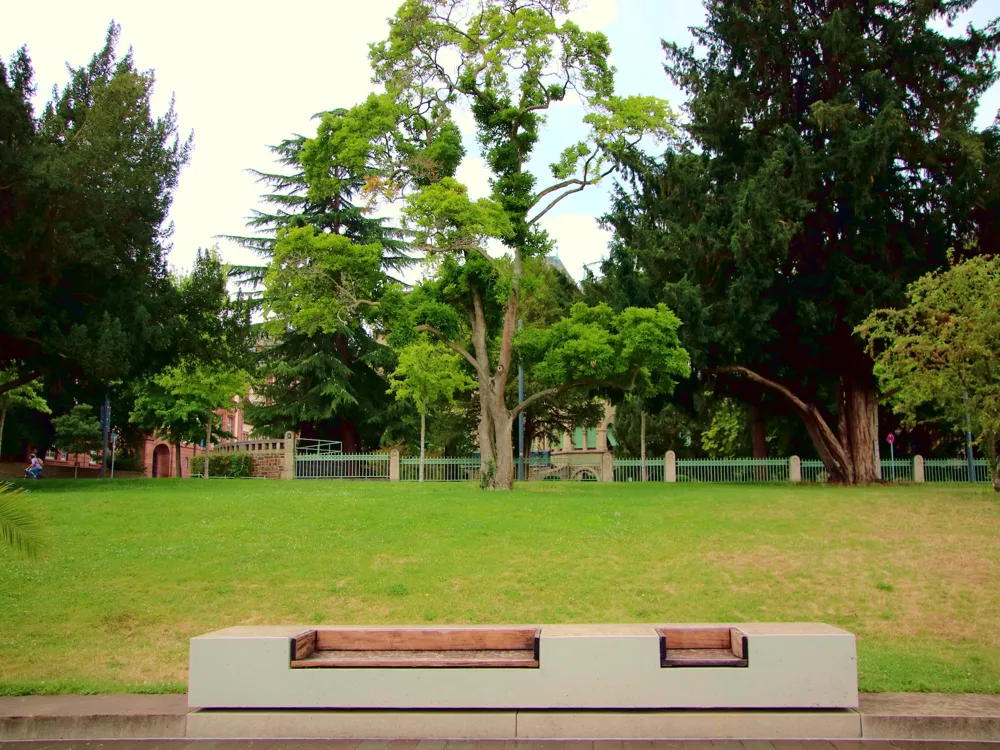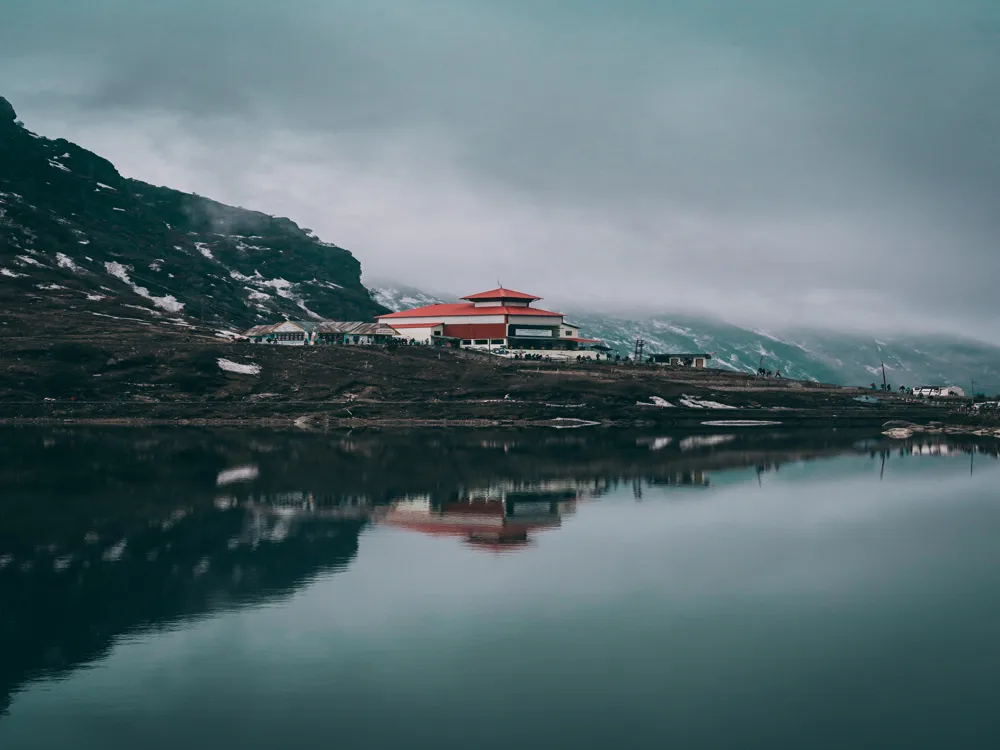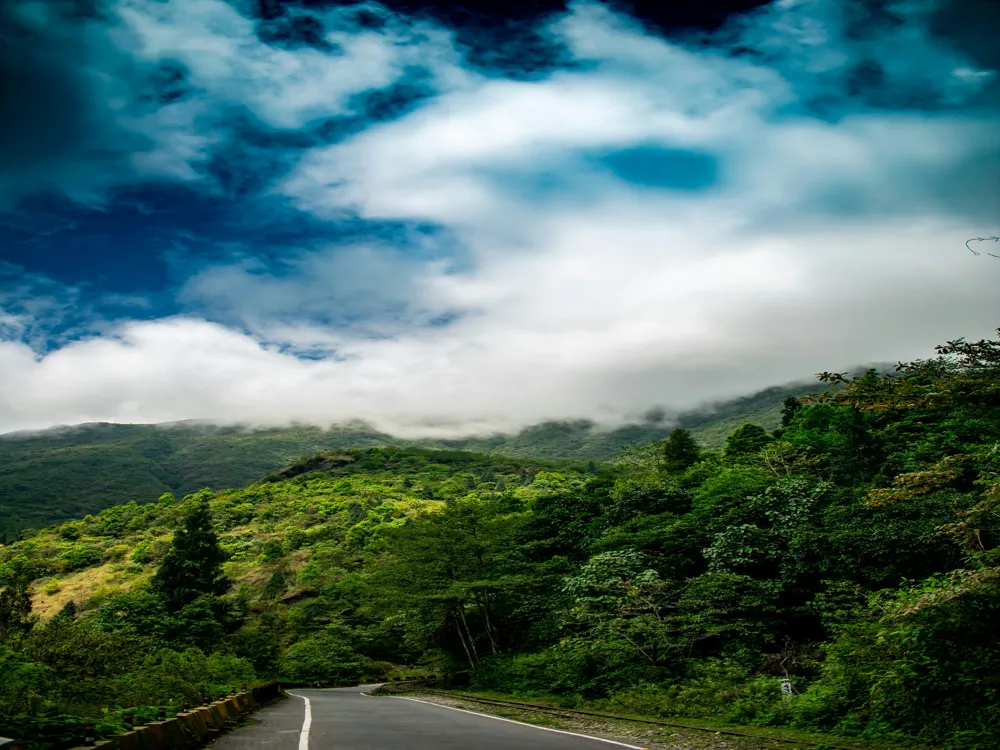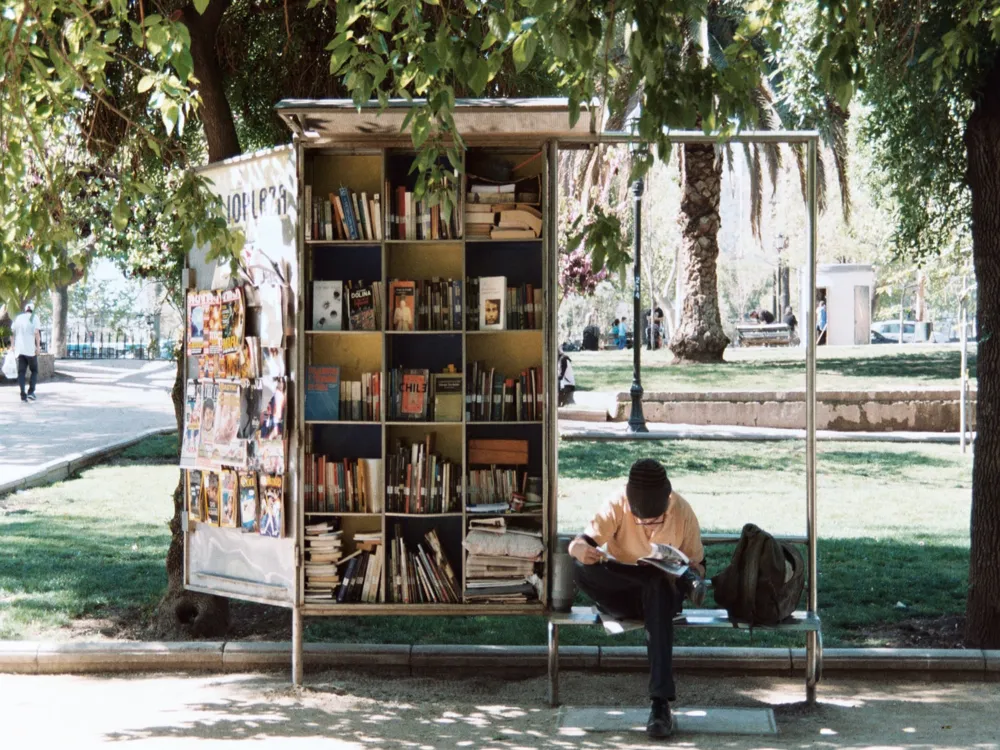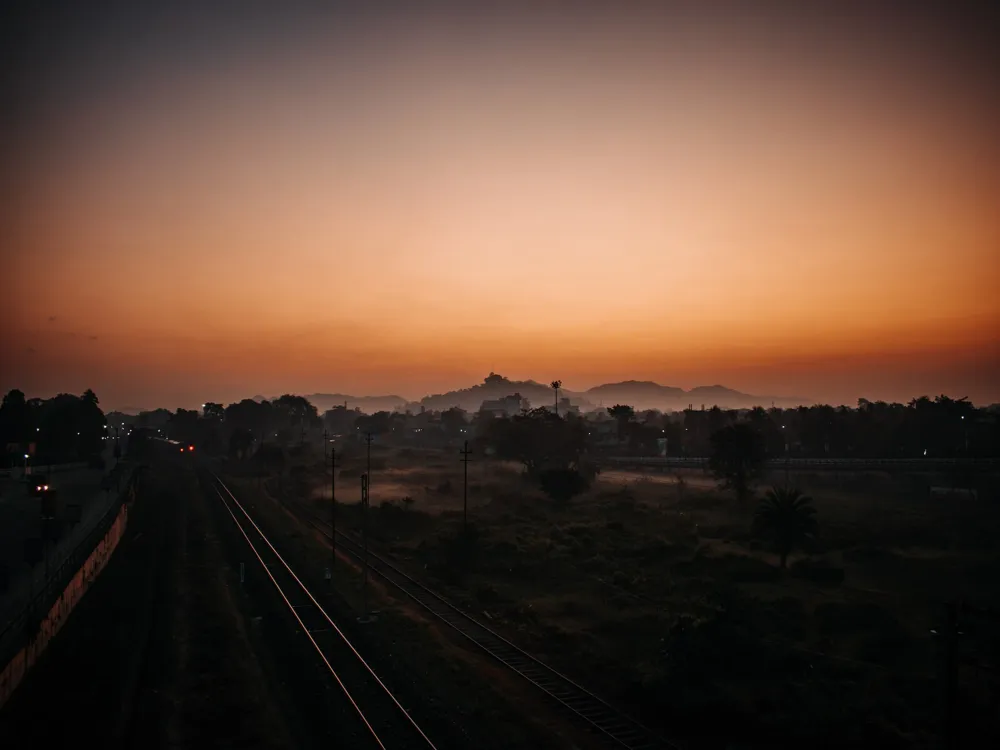The Barpeta Satra, a revered place of worship and cultural pivot, is nestled in the heart of Barpeta, Assam. It stands as a testament to the region's rich religious heritage, dating back to the 16th century. Founded by Saint Madhavdeva, a prominent disciple of the great Vaishnavite reformer, Srimanta Sankardeva, this Satra, or monastery, has been a focal point of Assamese culture and spirituality.
The Barpeta Satra's history is deeply intertwined with the Bhakti movement. It served as a sanctuary for scholars, artists, and devotees, fostering a unique blend of devotion and culture. Its walls have witnessed the formulation of significant religious texts and the birth of Ankiya Naat, a traditional form of Assamese drama. The Satra also played a pivotal role in the socio-cultural life of Assam, promoting a sense of unity and brotherhood amidst a diverse population.
Today, the Barpeta Satra continues to be a beacon of Assamese culture. It attracts thousands of pilgrims and tourists every year, drawn by its spiritual aura and architectural beauty. The annual Holi festival, celebrated here with fervor, is a spectacle of joy and devotion, encapsulating the essence of Assamese culture.
[Continued in-depth exploration of the historical, cultural, and religious significance of the Barpeta Satra, delving into its contribution to Assamese society, literature, and arts...]
The architectural design of the Barpeta Satra is a remarkable blend of indigenous Assamese styles and influences from the Bhakti movement. The main temple, standing at the center of the complex, is an embodiment of Assamese craftsmanship. Its intricate woodwork, ornate carvings, and the harmonious blend of colors reflect the artistic zenith of the period.
The Kirtanghar, or the prayer hall, is the heart of the Satra. It's adorned with vibrant murals depicting scenes from the Bhagavad Gita and the life of Lord Krishna, resonating with the spiritual ethos of the place. The Bhajghar, where daily prayers and rituals are conducted, exudes a sense of tranquility and devotion.
The compound of the Satra houses several other structures, including residential quarters for the monks, guesthouses for pilgrims, and halls for religious discourses. The entire complex is encircled by a high wall, signifying its importance as a spiritual fortress.
[Further detailed description of the architectural elements, symbolism, and construction techniques of the Barpeta Satra, emphasizing its role in preserving Assamese architectural heritage...]
Visitors are advised to dress modestly, respecting the sanctity of the Satra. Traditional attire is appreciated, but not mandatory. While inside the Satra, maintain a decorum befitting a place of worship - speak softly, move gently, and show respect to the monks and devotees.
Photography may be restricted in certain areas of the Satra. Always ask for permission before taking photographs, especially of the idols and during rituals. Respect the privacy of monks and worshippers.
Visitors can participate in the daily prayers and rituals. It's a unique opportunity to immerse oneself in the spiritual practices of the Satra. However, be mindful of the customs and follow the lead of the monks.
The Barpeta Satra is well-connected and accessible by various modes of transportation. The nearest airport is Lokpriya Gopinath Bordoloi International Airport in Guwahati, which is about 90 kilometers away. From the airport, one can hire a taxi or take a bus to Barpeta.
For those preferring train travel, Barpeta Road Railway Station is the nearest railhead, located about 21 kilometers from the Satra. Regular bus services, as well as taxis, are available from the station to the Satra.
The region is also well-served by a network of roads, making it convenient for visitors traveling by car or bus from various parts of Assam and neighboring states.
Overview of The Barpeta Satra in Barpeta, Assam
Architecture of The Barpeta Satra
Tips When Visiting The Barpeta Satra
Dress Code and Conduct
Photography Rules
Participation in Rituals
How To Reach The Barpeta Satra
The Barpeta Satra
Barpeta
Assam
NaN onwards
View barpeta Packages
Barpeta Travel Packages
View All Packages For Barpeta
Top Hotel Collections for Barpeta

Private Pool

Luxury Hotels

5-Star Hotels

Pet Friendly
Top Hotels Near Barpeta
Other Top Ranking Places In Barpeta
View All Places To Visit In barpeta
View barpeta Packages
Barpeta Travel Packages
View All Packages For Barpeta
Top Hotel Collections for Barpeta

Private Pool

Luxury Hotels

5-Star Hotels

Pet Friendly












